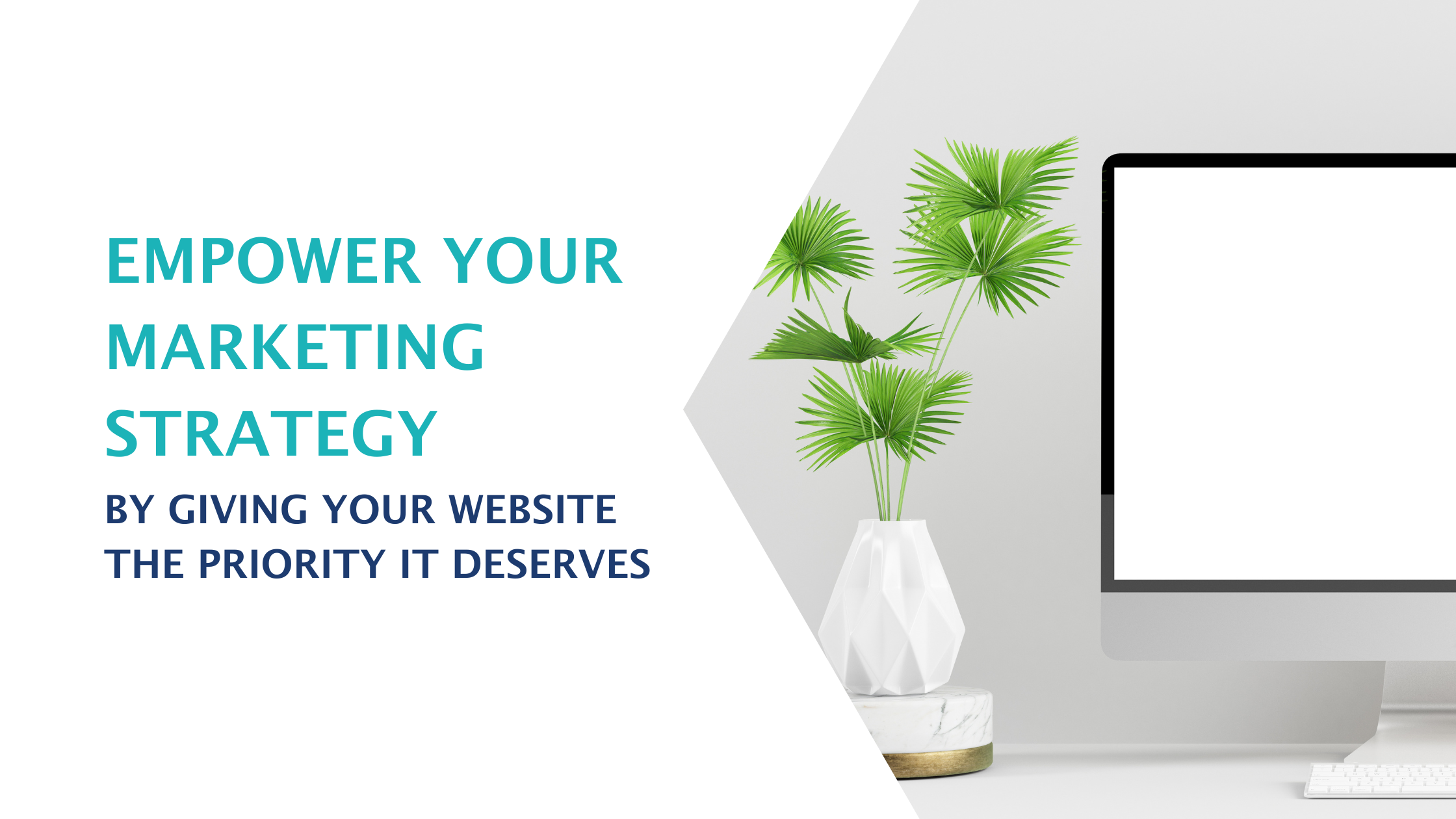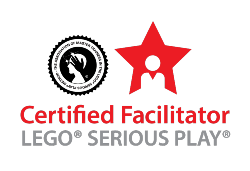
Building a website takes a lot of effort. But like any business owner, not having enough time is not an unfamiliar challenge. Designing a modern interface and making sure search engines easily find your site are some of the many challenges everyone faces when trying to make a name for themselves online. But let’s face it; when you’re busy with other things, giving your website the love and attention it deserves can be tricky.
However, you never know how much business you will lose because of a bad website or because you don’t have one. Websites are a necessary evil—they may not always win clients, but it is an eliminating factor.
When time is limited, it can be challenging to prioritize your website and allocate the necessary resources to keep the site up to date. Not working on your website can lead to a lack of customer engagement and a loss of credibility in the online marketplace. Therefore, planning and making time for website development and maintenance is essential to ensure your online presence remains strong and competitive.
Why a website is an important marketing tool
Your first interaction with a potential customer or a referred client is often their interaction with your website, not a personal meeting with you. Yet, some businesses still don’t realize that most customers visit their websites before purchasing. According to Worldwide Business Research, 57% to 70% of B2B buyers will research companies before contacting sales. Therefore, having a solid online presence, particularly a website, can be a make-or-break for generating more revenue.
Some reasons why a website is an effective part of your marketing strategy include the following:
- Legitimacy
A business website immediately adds legitimacy and credibility. Even if you receive a personal referral, that referral will probably research you first online before calling you. It’s just what we do today. From looking up the customer service number for the electric company to booking tickets online, most of our purchases and purchasing decisions happen with the help of the internet.
So, if you do not have a website, people won’t be able to find the information they need to build trust in you.
If you have a website, remember that it is often a prospective client’s first impression of your business (Zippia reports that 75% of people will deem a company credible from their first impression of a website). Therefore, not only is a website a consideration for potential clients, but a bad website can also turn people away.
- Passive Sales and Brand Awareness
A website is your dedicated 24/7 sales team. A website reaches people when they are ready to learn about your service, whether on weekends or in the middle of the night. The internet is a haven for people to browse different options and research and compare companies anonymously before they are ready to purchase, which also means a website has the power to generate leads you couldn’t have found on your own.
A well-designed and SEO-optimized website can significantly contribute to clients finding you online. Specifically, websites can reach clients outside of what typical marketing budgets cover, such as customers outside of your local area. Therefore, optimizing your website for search engines can be one of the most effective ways to enhance your online visibility and increase your client base. Stay tuned—we’ll discuss SEO in more detail on the Uptimize blog soon!
Incorporating a website into your marketing strategy can be an excellent way to boost your brand awareness. Again, most people rely on internet searches to gather information about businesses, which makes having a website a vital component of your overall marketing strategy.
Failing to have a website could make it difficult for people to access reliable information about your business, significantly impacting your brand recognition. In addition, by showcasing your brand and providing prospects with relevant information, a website can help differentiate you from your competitors.
- Better customer service
Hopefully, providing excellent customer service is a part of your marketing and sales strategy. If so, a website is a wonderful vehicle for supporting this. Every customer loves having their questions answered quickly and efficiently, and every business owner would like more free time to tackle big problems instead of handling clerical tasks.
A website can function as a virtual assistant by providing basic information such as contact details, business hours, announcements, updates and pricing options, freeing time for business owners to focus on more critical tasks. Furthermore, a website that provides customers with a seamless experience can improve their satisfaction with your business.
Essential pieces of a successful website
If you already have a website, but it’s been a while since you’ve updated it, or if you don’t have a website but have a sinking feeling you need one, there are three main aspects you need to consider before building one.
- The purpose
Understanding why you have or need a website will drive the rest of the decision-making process and the costs of developing a website. Knowing the purpose of a website for your business clarifies what steps need to be taken and who will be responsible for doing them.
For example, Uptimize created a website for Backyard Butchery. This was a new business for the owner Tiffany, and she needed a professional website to build awareness of her brand and to explain the concept of a mobile operation for on-site meat processing.
Websites need to serve the purpose of your business. For example, a self-employed attorney will need to share information about who they are, their services, their education and certifications and a phone number on their website. But they also may require the functionality for booking appointments. A business coach may need more video capabilities, and a retail business may need a shopping cart.
- A website that matches your marketing strategy
Your website should match your marketing strategy. Besides transferring the logo, colors and taglines you use in other marketing materials to the website, consider different aspects of the marketing strategy, such as your target market. For more information on the components of a marketing strategy, see our Power of a Brand series blog posts.
For example, Uptimize created a new website for Green Energy Solutions (GES), a company that provides compressed natural gas kits for trucks to run off cleaner, more efficient fuel and to meet government emission requirements. This is a specific target audience, and the website needed to match those interested in GES products and speak in industry-specific language.
- Continuous improvement
It’s a fact that people judge websites, and based on that judgment, they make their purchasing decisions. If your website is outdated and lacks modern functionality and appearance, people will be turned off and look elsewhere. Your outdated website may be the number one reason they did not choose you.
But in marketing and advertising, it is not just the first impression that matters. Experts disagree on how many brand impressions a company needs to have before a consumer buys a product; some say 7, while others believe 70 or more. The key is to remember that most people repeatedly visit a website while they research their options. So, over this time, if you have done nothing to your website, you are also hurting your brand impressions and might turn people away.
An up-to-date and functioning website should at least include fresh color schemes and fonts, updated photos, correct contact information, visibility on desktop and mobile and decent loading speed. We will discuss the specific functionality a good working website requires in upcoming blog posts.
Remember that the website’s appearance is always subjective, so it is best to match the website to your marketing strategy first and not worry about the personal tastes of others.
Conclusion
A website is a fundamental part of your business marketing strategy. One can rarely go without one. Even though other pressures and tasks occupy our time, putting time and effort into your website is essential. Make your website a priority; it will be a passive champion for your marketing efforts.
Stay tuned for more posts about this topic, and if you are interested in how we can help you develop a website or update an outdated one, reach out to us at Uptimize Marketing to learn more.










